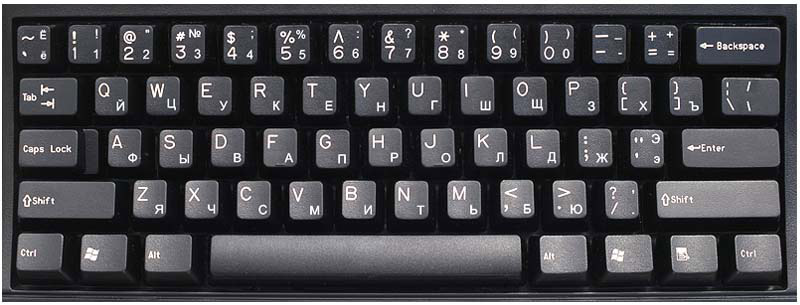Install Node Js Mac
Applications
- Install Node Js Mac Terminal
- Install Node Js Macos Brew
- Install Node Js Mac Terminal
- Install Node Js Mac Brew
- Install Node Js Macos Terminal
There are a good many applications that will get you up and running with Sass in a few minutes for Mac, Windows, and Linux. You can download most of the applications for free but a few of them are paid apps (and totally worth it).
- CodeKit (Paid) Mac
- Ghostlab (Paid) Mac Windows
- Hammer (Paid) Mac
- LiveReload (Paid, Open Source) Mac Windows
- Prepros (Paid) Mac Windows Linux
- Scout-App (Free, Open Source) Windows Linux Mac
Node.js® is a JavaScript runtime built on Chrome's V8 JavaScript engine. #BlackLivesMatter New security releases now available for 15.x, 14.x, 12.x and 10.x release lines. Node.js® is a JavaScript runtime built on Chrome's V8 JavaScript engine. Latest LTS Version: 14.16.0 (includes npm 6.14.11) Download the Node.js source code or a pre-built installer for your platform, and start developing today.
Command Line
In my quest to 'automate all the things,' I have been on a journey to manage my Mac laptop as the code it inherently is. Instead of pointing and clicking to manually manage my applications and utilities, I prefer to use package management software to install, update, and remove unneeded software. I have been hit by an issue during uninstall of Node.js on my mac. I had some strange behavior like npm is still their even after having removing it with all this. It was because I had an old install done with macport. So you also have to uninstall it using port: sudo port uninstall nodejs. If you are a coder, developer, Terminal lover, or more tech-savvy than an average Mac user, you can use Homebrew to simplify software installation on your Mac. Homebrew lets you use commands to download and install Python, Ruby, MongoDB, PHP, Git, Node.js, cask, colordiff, Nmap, and other Unix command-line utilities.
When you install Sass on the command line, you'll be able to run the sass executable to compile .sass and .scss files to .css files. For example:
First install Sass using one of the options below, then run sass --version to be sure it installed correctly. If it did, this will include 1.32.8. You can also run sass --help for more information about the command-line interface.
Once it's all set up, go and play. If you're brand new to Sass we've set up some resources to help you learn pretty darn quick.
Install Node Js Mac Terminal

PATH. That’s all—there are no external dependencies and nothing else you need to install. Install Node Js Macos Brew
If you use Node.js, you can also install Sass using npm by running
However, please note that this will install the pure JavaScript implementation of Sass, which runs somewhat slower than the other options listed here. But it has the same interface, so it’ll be easy to swap in another implementation later if you need a bit more speed!Install Node Js Mac Terminal
If you use the Chocolatey package manager for Windows, you can install Dart Sass by running
Install Node Js Mac Brew
Install Node Js Macos Terminal
If you use the Homebrew package manager for Mac OS X or Linux, you can install Dart Sass by running
- Current Releases:
- Dart Sass1.32.8
- LibSass3.6.4
- Ruby Sass ⚰
